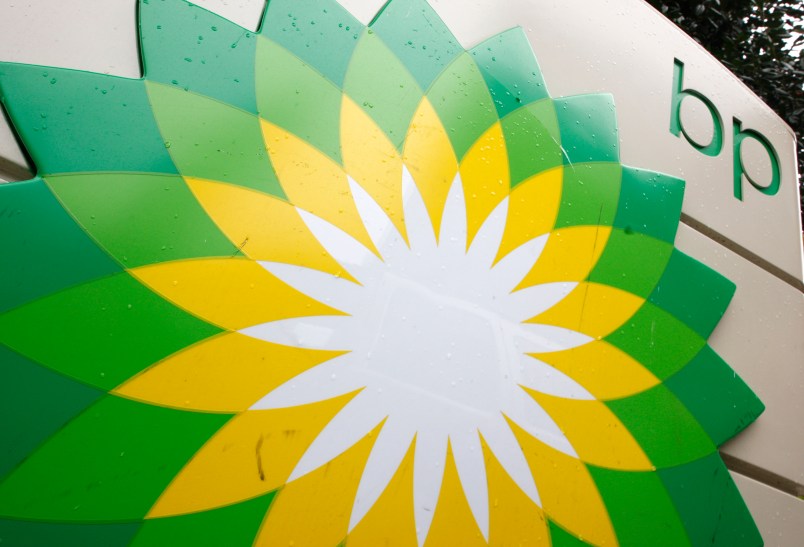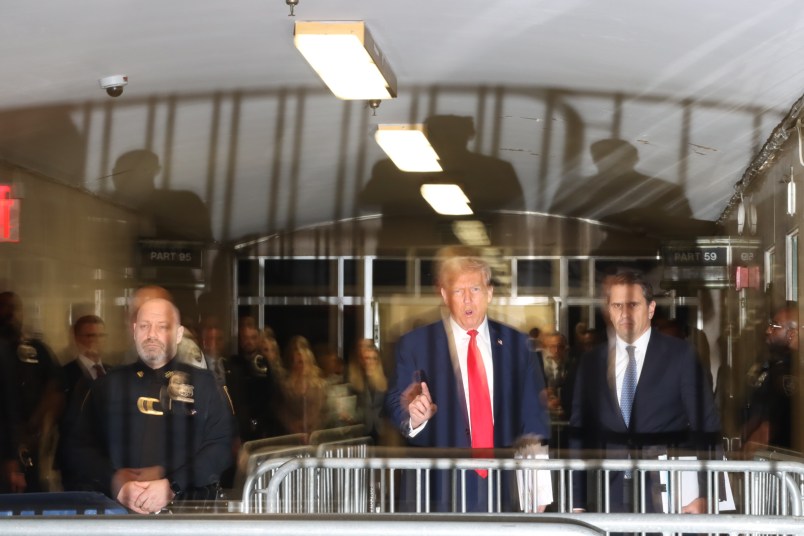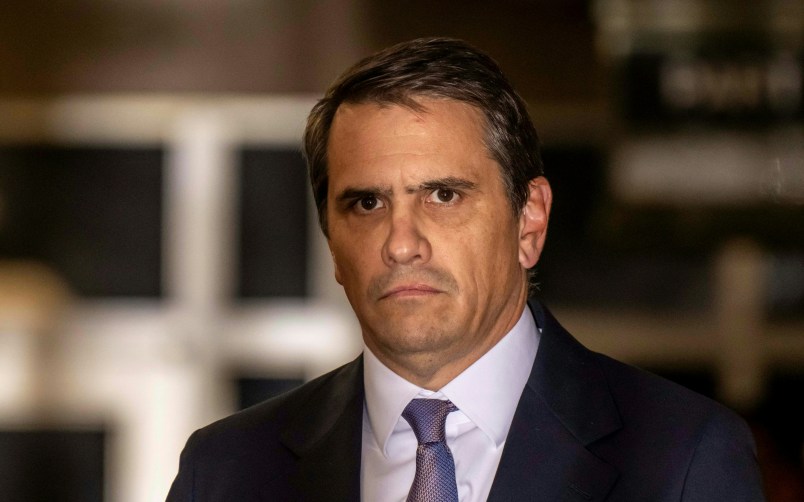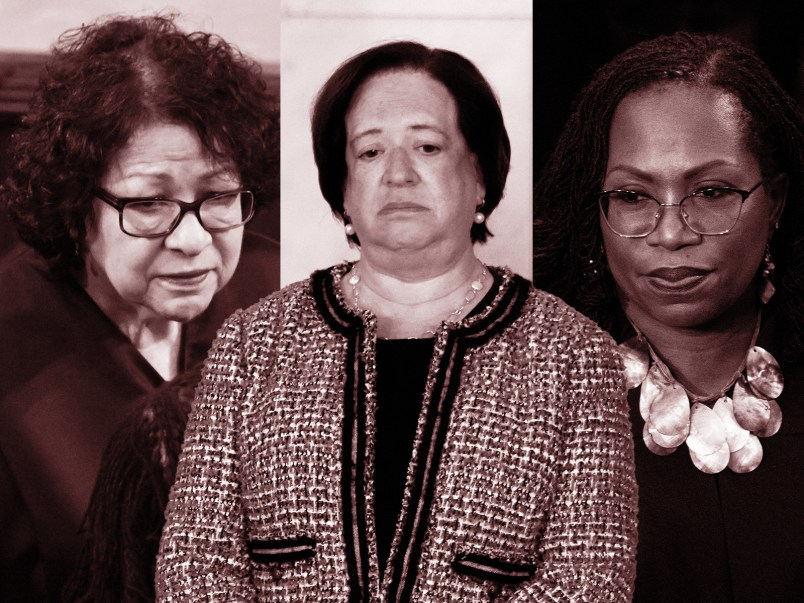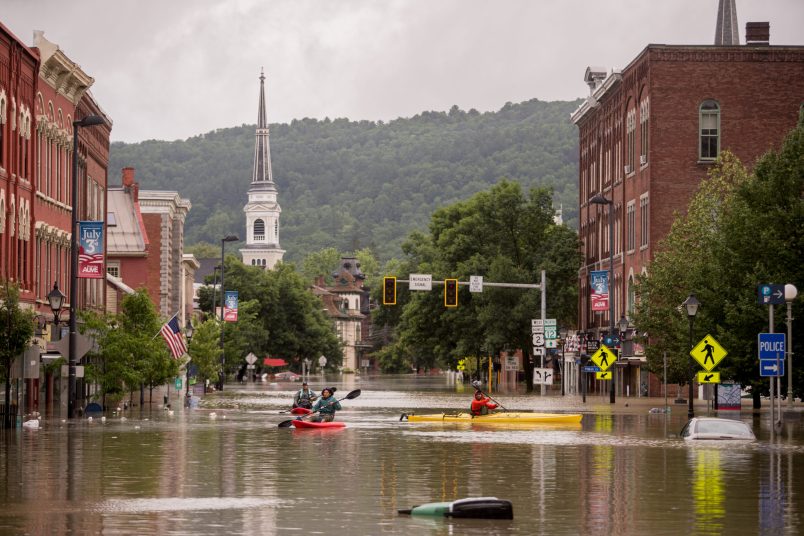NEW ORLEANS (AP) — BP acted “recklessly” and bears most of the responsibility for the nation’s worst offshore oil spill, a federal judge concluded Thursday, exposing the energy giant to roughly $18 billion in additional penalties.
BP’s market value plummeted by $7 billion after the ruling as its shares suffered their worst percentage decline in almost three years. By Thursday afternoon, company shares had fallen almost 6 percent to $45.05.
BP PLC, which vowed to appeal, already agreed to pay billions in criminal fines and compensation to people and businesses affected by the disaster. U.S. District Judge Carl Barbier’s ruling that BP acted with “gross negligence” deals instead with civil responsibilities, and could nearly quadruple what the London-based company has to pay in fines for polluting the Gulf of Mexico.
The judge held a non-jury trial last year to apportion blame for the Macondo well spill, which killed 11 men on the Deepwater Horizon rig and spewed oil for 87 days in 2010.
He ruled that BP bears 67 percent of the blame, Swiss-based drilling rig owner Transocean Ltd. bears 30 percent, and Houston-based cement contractor Halliburton Energy Services is responsible for 3 percent.
BP made “profit-driven decisions” during the drilling that led to the deadly blowout, the judge concluded in his 153-page ruling. “These instances of negligence, taken together, evince an extreme deviation from the standard of care and a conscious disregard of known risks,” he wrote.
BP said it would appeal. “An impartial view of the record does not support the erroneous conclusion reached by the District Court,” its statement said.
Justice Department spokesman Wyn Hornbuckle said “we’re pleased with the court’s finding that BP acted with gross negligence and willful misconduct.”
The ruling exposes BP to about $18 billion in civil fines under the Clean Water Act. It also “repudiates BP’s claims that it was merely negligent and will further damage BP’s already badly damaged reputation,” said David Uhlmann, a University of Michigan law professor and former chief of the Justice Department’s environmental crimes section.
James Roy and Stephen Herman, who represented oil spill victims in the trial, said “we hope that today’s judgment will bring some measure of closure to the families of the eleven men who tragically lost their lives, and to the thousands of people and businesses still trying to recover from the spill.”
Barbier wrote that legal precedents prevent him adding punitive damages that would have been appropriate given the “egregious” conduct of BP’s employees.
The judge cited a botched safety test that should have warned the rig’s drilling crew that the well was in danger of blowing out. Barbier said BP ultimately was responsible for misinterpreting the “negative pressure test.”
Donald Vidrine, one of BP’s well site leaders on the rig, should have known that the negative test had failed based on abnormal pressure readings before the blowout, Barbier wrote.
Vidrine and another BP rig supervisor, Robert Kaluza, await trial on federal manslaughter charges for the workers’ deaths, in the same New Orleans courthouse where Barbier sits.
The judge was assigned to oversee most of the federal litigation spawned by BP’s spill. Last year, he presided over two phases of a trial for claims against BP and its contractors brought by the federal government, the five Gulf states and private lawyers representing businesses and residents.
Barbier heard eight weeks of testimony before identifying the causes of the blowout of BP’s Macondo well and assigning percentages of fault to the companies involved in the drilling project. The second phase took three weeks, focusing on dueling estimates of how much oil spilled and examining BP’s efforts to seal the well.
Government experts estimated that 4.2 million barrels, or 176 million gallons, spilled into the Gulf. BP urged the judge to use an estimate of 2.45 million barrels, or nearly 103 million gallons, in calculating any Clean Water Act penalties. Both sides agreed that 810,000 barrels, or 34 million gallons, was captured before it could cause pollution. Barbier hasn’t ruled yet on the question of how much oil spilled into the Gulf.
Millions of gallons of crude gushed from the sea floor after the well blew and triggered a rig explosion, killing wildlife, staining beaches and polluting marshes. BP ultimately sealed the well after several techniques failed to stop the gusher.
BP says it has spent more than $24 billion in spill-related expenses to date, including cleanup costs as well as payments to affected businesses and residents. Long before Thursday’s ruling, the company estimated that its total payout to fully resolve its spill-related liability would be $42 billion.
BP pleaded guilty in January 2013 to manslaughter in the rig workers’ deaths. BP also agreed to pay a record $4 billion in penalties as part of its deal with the Justice Department, but the plea agreement didn’t resolve the federal government’s civil claims.
Under the Clean Water Act, a polluter can be forced to pay a maximum of either $1,100 or $4,300 per barrel of spilled oil. The higher limit applies if the company is found grossly negligent — as BP was in Barbier’s ruling. But penalties can be assessed at amounts below these caps.
Copyright 2014 The Associated Press. All rights reserved. This material may not be published, broadcast, rewritten or redistributed.





